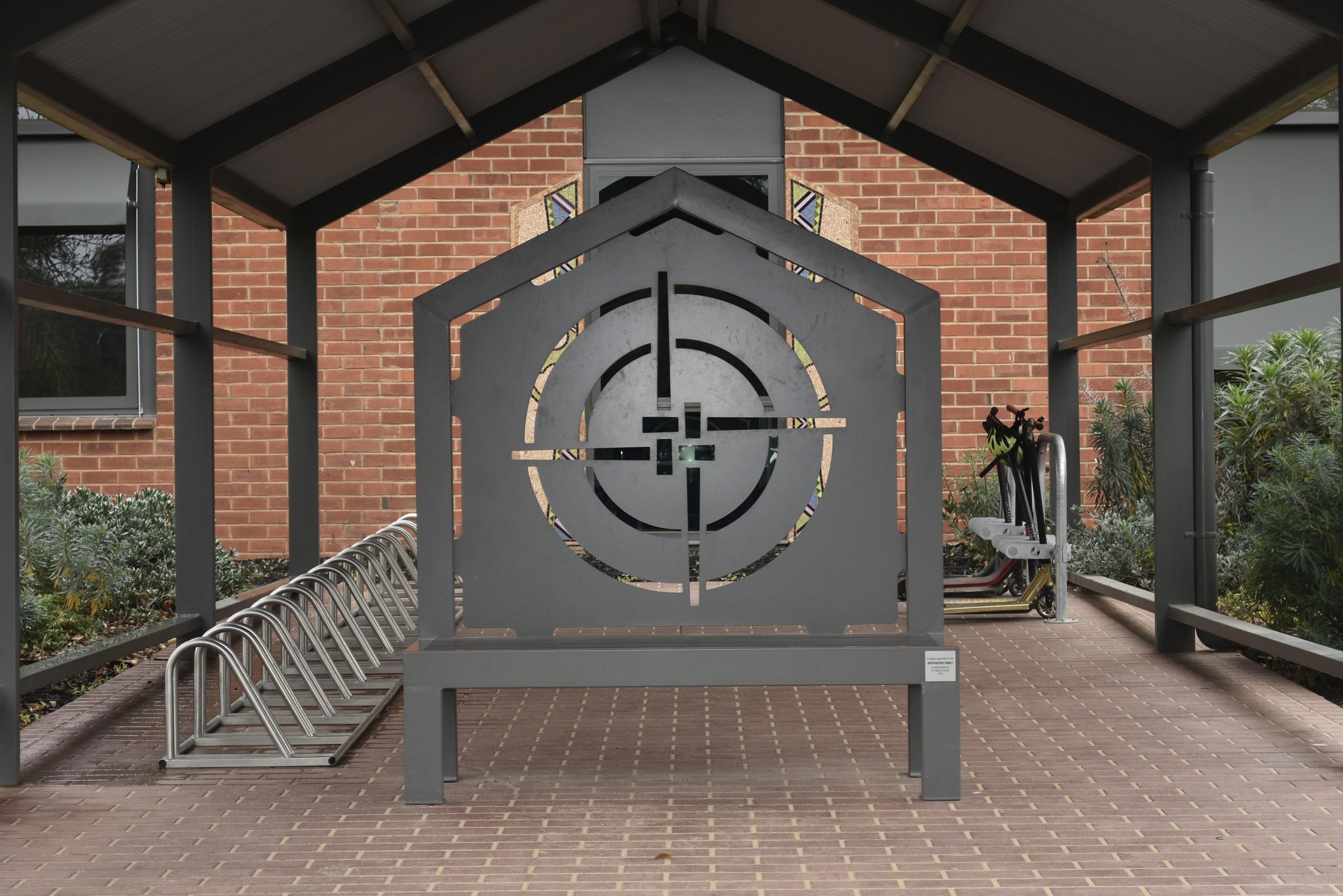Catholic Identity
Leader: Katie Rasmussen

Catholic Identity
Leader: Katie Rasmussen


With Lent approaching once more, we thought it might be a good time to revisit and refresh our understanding of the important time in the Church’s liturgical calendar…
Shrove Tuesday, also known as Pancake Tuesday, Shrovetide, or Mardi Gras, marks the final day of Ordinary Time before the solemn season of Lent commences on Ash Wednesday. This day is synonymous with celebration, often seen as the last opportunity to indulge in rich and indulgent foods before the penitential period of fasting and abstinence during Lent. It serves as a joyful farewell to the carefree days of Ordinary Time, emphasising the imminent spiritual journey of self-reflection and preparation for Easter.


Lent, the solemn 40-day period before Easter, holds profound significance in the Catholic Church and other Christian traditions. Starting on Ash Wednesday and concluding on Holy Thursday, it is a season of penitence and preparation. Throughout Lent Catholics engage in the spiritual disciplines of prayer, fasting, and almsgiving. These practices serve to deepen our connection with God, our awareness of Jesus’ sacrificial love, and to prepare our hearts and minds for the Paschal Mystery—the journey of Jesus' passion, death, and resurrection. Lent is an invitation to reflect, repent, and renew one's commitment to living a life of faith, ultimately leading to the joyful celebration of Easter.


Ash Wednesday is the first day of Lent. Lent is the forty days (excluding Sundays) leading up to Easter. The number forty is significant as it refers to Jesus’ forty days in the desert prior to beginning his ministry of teaching.
On Ash Wednesday, Catholics and some other Christian denominations receive ashes in the shape of a cross on their forehead or sprinkled on top of their head. These ashes are created from the palms used during the previous year’s Palm Sunday Mass. They symbolize penance, which is appropriate as Lent is a season of penance, and remind us of our own mortality. During the Mass, as the priest or lay minister applies the ashes, he says “Turn away from sin and be faithful to the Gospel” Anyone who attends a Mass can receive ashes, not just practicing Catholics.




Catholic Social Teaching (CST) is rooted in Scripture, formed by the wisdom of Church leaders, and influenced by grassroots movements. It is our moral compass, guiding us on how to live out our faith in the world.
The CST principles which inspire our work are:
Our faith calls us to love God and to love our neighbours in every situation, especially our sisters and brothers living in poverty. Following in the footsteps of Christ, we hope to make present in our unjust and broken world, the justice, love and peace of God.

